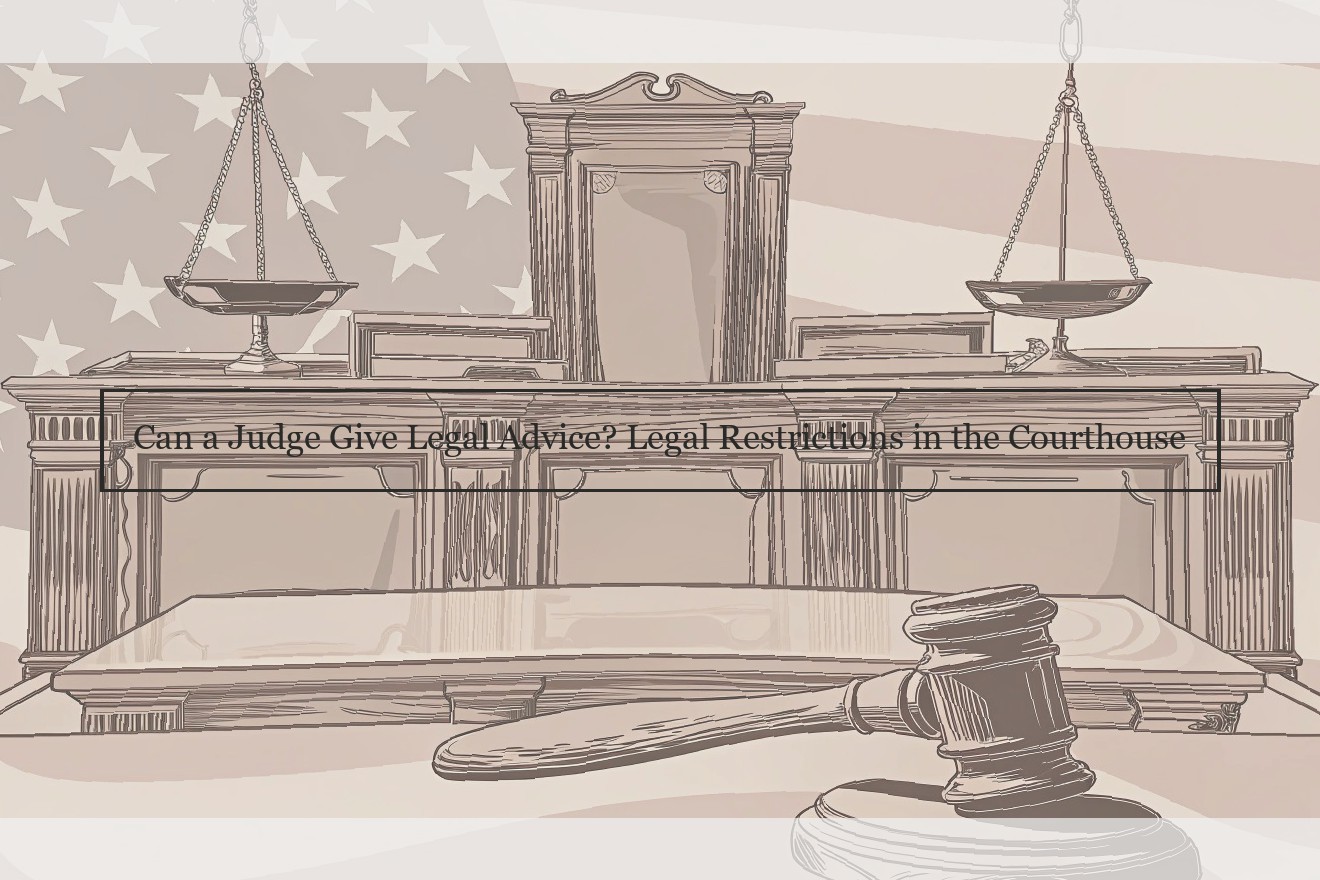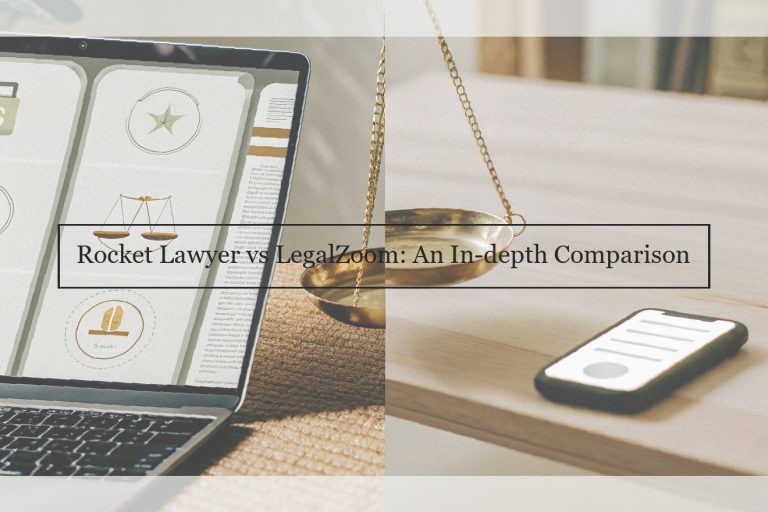The Function of a Judge in Court
The modern American legal system relies heavily on judges to ensure that court and jury proceedings are conducted fairly and according to the law. They serve as neutral arbiters in civil and criminal matters, and they adjudicate in accordance with the law to ensure that legal proceedings are free from error and bias. Judges perform various functions , to several degrees depending on the jurisdiction: To assure that they fulfill their duties impartially and fairly, judges must recuse themselves from cases in which they cannot be impartial, such as one involving a financial interest or when a close family member is involved. Their duties are prescribed by law or a governing body, which can also sanction or remove them should they violate those duties.

Legal Advice Explained
Legal advice is not specifically defined by the law, but generally refers to counsel given to a party in a legal proceeding. The common denominator of legal advice is that it seeks to guide a party regarding legal rights, responsibilities, privileges, or remedies. "[T]he term ‘legal advice’ is commonly held to refer to the application of law to fact, presented with the purpose of advising the asking party as to his rights." People v Johnson, 5 NY2d 81, 87 (1958).
Scholarly interpretations of what constitutes legal advice have been numerous. For example, "[i]t may generally be said that ‘[l]egal advice,’ or ‘the giving of legal advice,’ connotes more than simply imparting information as to what the law may be or the application thereof to a set of proved facts with no recommended course of action." 2 Hale, NY Prac., Attorney and Client § 23 (5th ed.).
Courts have uniformly upheld judicial prerogative to engage in the practice of law, within limits. See People v Price, 100 AD3d 1285 (3d Dept 2012), lv denied 20 NY3d 865 (2012); People v Seagroatt, 180 AD2d 965 (4th Dept 1992); People v Johnson, 185 AD2d 943 (4th Dept 1992); and People v Gasper, 35 Misc 2d 330 (Dist Ct, Nassau County 1962). However, where the line between legal advice and judicial information-giving is drawn is less clear.
Why a Judge Cannot Give Legal Advice
Because of the adversarial system judges are not supposed to offer legal advice. Judges should not offer advice regarding strategy or strength of the case to litigants. Judges cannot serve as both a judge and lawyer in any way. Judges review filings and take on the role as adjudicator in a case and cannot offer individual guidance or advice to one side. Offering advice would compromise the impartiality of the judge. It is not fair to offer only one side legal advice – this would give that side an unfair advantage. Judges cannot take on the role of counsel for one side at any time.
Judges cannot serve as both judge and lawyer for a party in the same matter. In addition to the ethical reasons, the requirements of judges to be neutral and unbiased, there are other considerations beyond the direct prohibition. If judges were allowed to provide advice and guidance to parties in a case, there could also be challenges to the judge’s rulings. A party could try to assert that the judge gave them advice, and because the advice was given, the judge did not rule fairly in the matter. If there is information shared by a party when they had the benefit of advice and the judge’s legal and strategic guidance, but the information is not also shared by the other party, this could create an unfair advantage in the litigation process. The only reason judges are able to keep from handling cases is that litigants in their court must trust their ability to be fair. If litigants in the court system became concerned that judges are giving strategic guidance to one side, all confidence in the judicial system would be lost. This is why judges strictly follow the rules, and cannot play different roles in a case to guarantee impartiality in the court system.
Exceptions to the General Rule
However, there are some common situations where it may appear that a judge is essentially providing legal advice, but actually they are not. These situations include directions from a judge as to the proper procedures to follow in that court; for example, when a self-represented litigant refers to the document "X" when they mean "Y", and the judge corrects their reference and directs them as to the document to which they should be referring .
Another situation where it may appear that a judge is providing legal advice is when a judge provides a detailed explanation of a procedural order. A judge may include significant detail within procedural orders, and it may appear that the judge is effectively providing advice to the parties, but often this is just a practical application of legal principles.
These examples contrast with situations where judges have gone too far, such as when a judge provides guidance as to the law where the parties have not specifically raised any issue.
Implications When a Judge Gives Legal Advice
If a judge was to give a party in front of them some legal advice there could be a number of negative consequences. First and foremost, there is the possibility that by giving this advice the judge has interjected themselves into the case where they do not belong. This could lead to allegations of the judge extending themselves into the case. This is why it can be important for a judge to allow parties to speak on their own.
Another big issue with this relates to the analysis of the case. If the judge has put themselves in the position of acting as an advisor to the situation then it can make it difficult for them to proceed with the case in an unbiased way. In fact, it will become even more difficult for them to be able to place his opinion aside and merely act as a neutral finder of fact. An example of this would be if a judge tells one person what they need to say to get a favorable ruling. The judge could have inadvertently slipped their opinion about how the facts should be addressed into the situation. At the very least, it could appear that they have made their decision before hearing the facts.
Judges are also required to take ethics training. That means they have to be extremely mindful of what kind of advice they give. Again, if a judge gives legal advice and then tries to act as a fair finder of fact in the same case then they have a conflict of interest the judge is required – through the ethics rules that apply to them – to sit out of that case. Violating any of the required ethical behaviors can result in sanctioning by the state supreme court. While simple advice at a night-court litigation session may not be enough to get a judge forced to step down from the case, it could certainly be the beginning of an investigation that leads there.
What is the Proper Method for Seeking Legal Advice
As important as it is to have legal advice tailored to your situation, and to never bypass that necessity by asking a judge for decision in advance of trial, it is equally important to have a backup plan that ensures proper access to legal advice. First, before and during the time you are looking for legal advice, make sure to seek advice from family and friends who can counsel on how to find the better sources of reliable advice. More specifically, contact all of your friends, relatives and acquaintances to see if they might have any recommendation as to a local lawyer or legal aid organization that could be of assistance. If you can get a direct recommendation from one of these folks as to where to go then that is all the better, but even hearing a name without such recommendation may be all that is needed to point you in the right direction.
Secondly, when seeking proper legal advice, go to your county’s website to search for the county bar association and check their "lawyer referral service." The way this works is that a lawyer will pay an annual fee to be members of the county bar association and will sign up for the lawyer referral service and agree to offer reduced rates (generally 30% off of the normal rate) for consultations with "potential clients" that are referred to them (the term "loss leader" often comes to mind with this type of relationship) . One of the great advantages of using this lawyer referral program is that it is free to you as the public and you are not charged a referral fee for using it. Instead, the county’s bar association derives its revenue from annual dues collected from the participating lawyers. Most counties’ bar associations have a lawyer referral program that offer free consultations to get initial information about a legal matter.
Thirdly, if you are unable to find reliable legal advice from family and friends and a local lawyer referral service, then check to see if there are any "legal aid" organizations serving your area. Such legal aid organizations typically consist of a collection of lawyers that offer their time to assist individuals who cannot afford attorneys. This is similar to the principal underlying the lawyer referral service but in this case you would actually be getting free legal advice. A good resource to review are the six primary legal aid organizations for Northern California’s interior counties that are listed below:
A good place to find additional free legal advice in Northern California is the statewide legal aid and information website that is the official self-help website for the California Court System at http://www.courts.ca.gov/selfhelp.htm.




+ There are no comments
Add yours